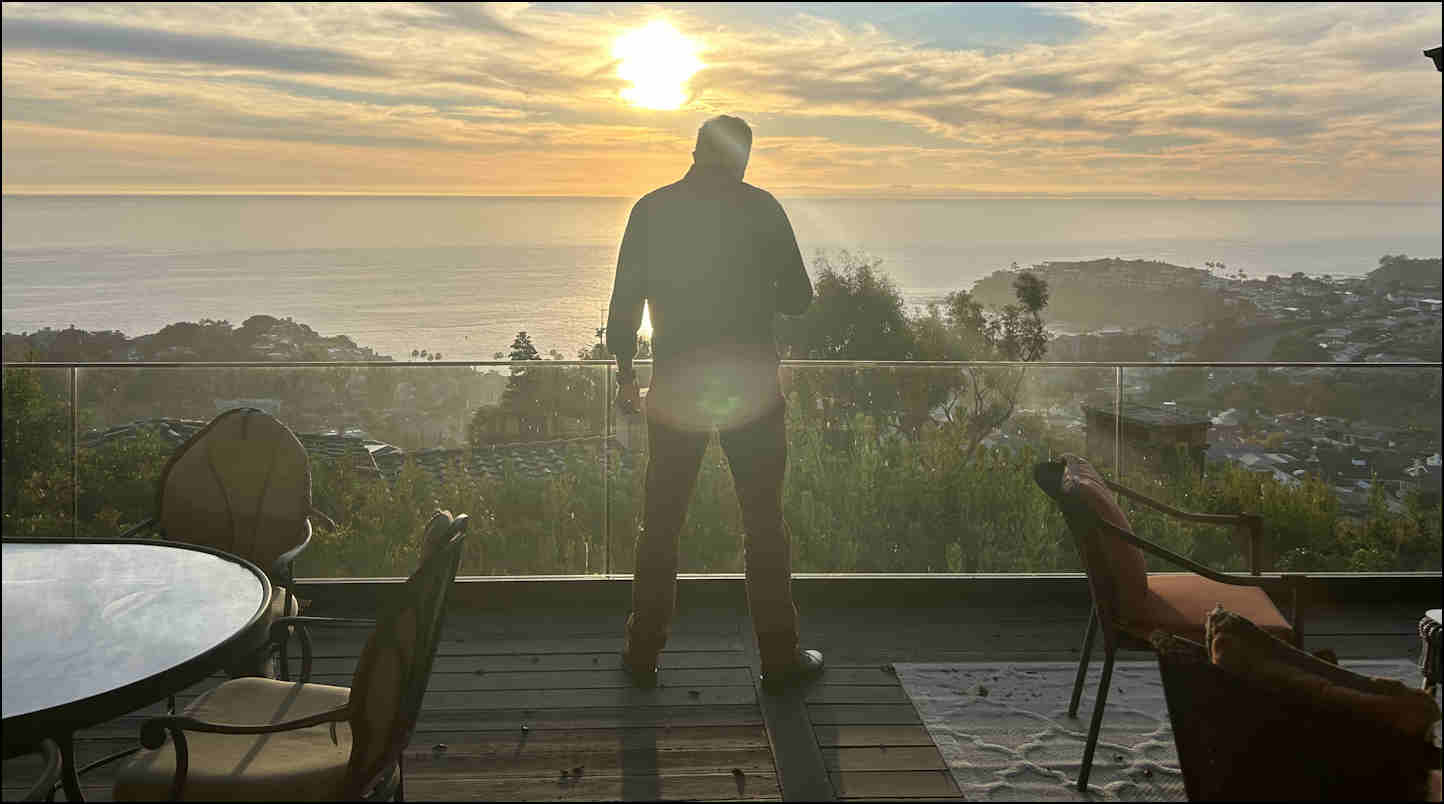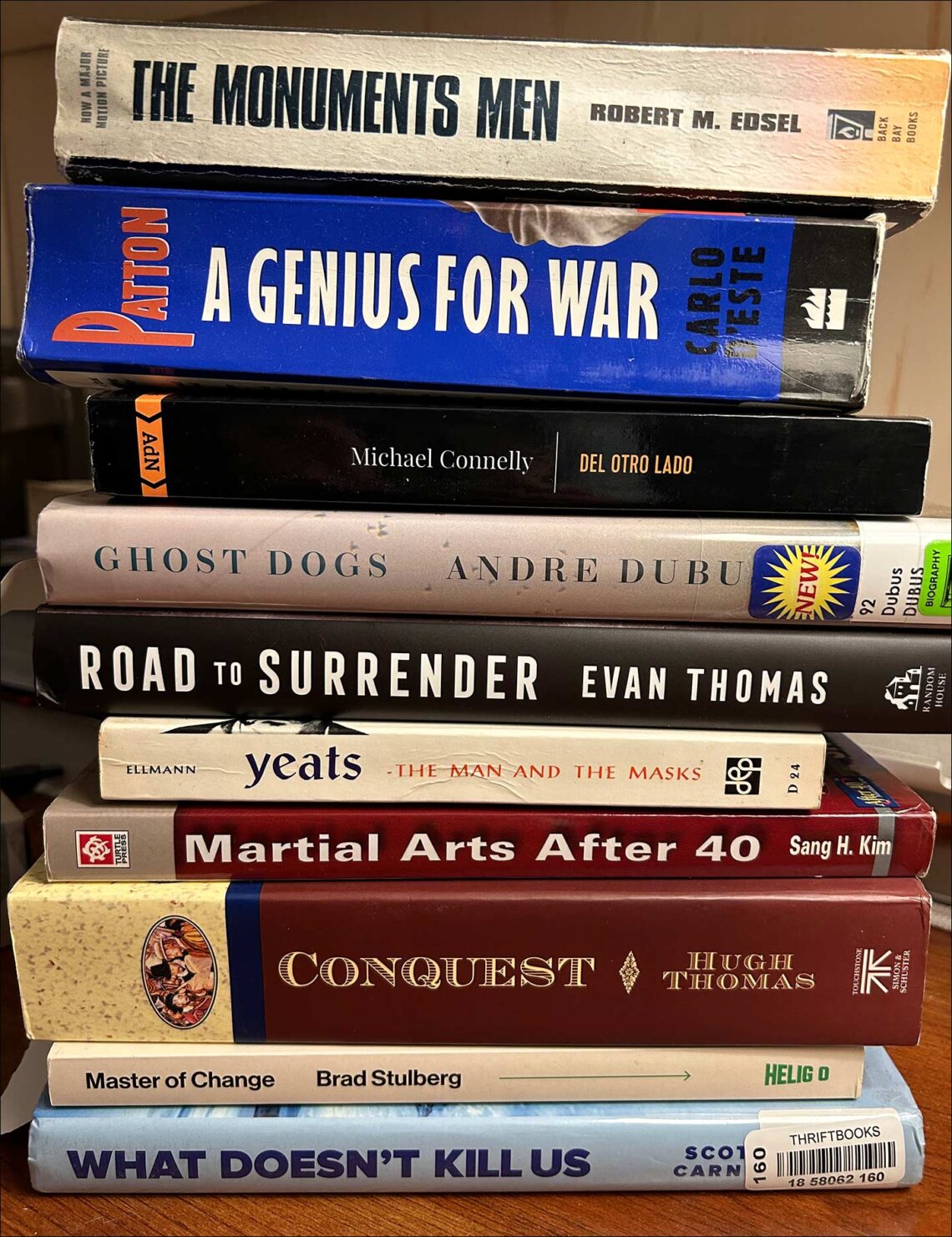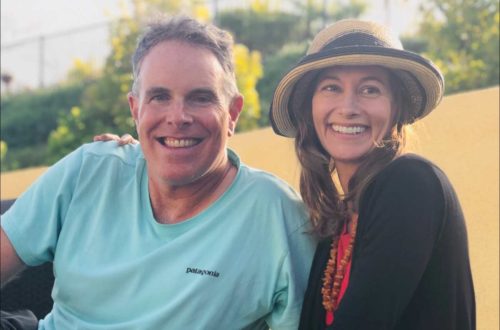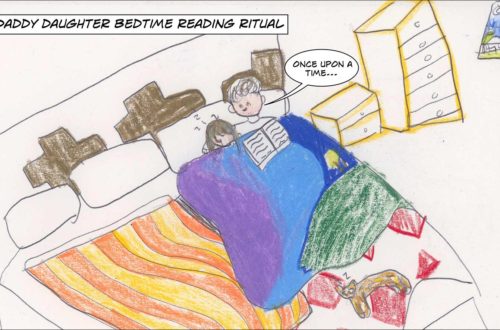
I’m looking out into 2025 excited at a fresh start…
Way back on January 1, 1995 I sat down with my good friend Brent Burns at the Marine Room Tavern in Laguna Beach, California and we penned our resolutions for that new year. (Here is the document.) I hoped we might make this a tradition. We could hold each other accountable for trying to become better men by conscious deliberate effort year after year. I was 27-years old then.
Brent did not keep up the practice, unfortunately. But I did. By my count, I just completed my 23rd iteration which I posted to my webpage. I have enjoyed them! I take the tradition of making resolutions semi-seriously. I’m 57-years old now.
It has been decades since I attended an alcohol-drenched New Year’s Eve celebration. Not only did I not enjoy those parties, I woke up the next morning groggy with a headache. So for decades my practice is to have a quiet New Year’s evening at home reflecting on the past year and making goals for the next one. I go to sleep at my regular bedtime. I wake up the next morning feeling refreshed and ready for the new year. I get some exercise and a good meal: this is how one should start the new year, I believe. Fresh. Strong, Clear-headed. Healthy. It is so much better than being hungover.
A disinterested reader would learn not much perusing my past resolutions. I do not make grandiose goals which seek to change my life drastically, and which have little chance of being realized. Instead I make relatively minor tweaks. The goals are realistic and achievable.
On the other hand, what a person would find revealing is the list of books I reach each year. (I chronicle this each year, in addition to the movies I see.) You learn a lot by walking into someone’s living room and looking at their personal library (or the total lack of books, too). One’s library reveals one’s interests; it is an intellectual biography of sorts. The books a person chooses to buy with their hard-earned money and then spend precious hours reading and processing is a roadmap of what that person’s head has been — who they are, almost. “For as a man thinketh in his heart, so is he,” Proverbs tells us, and I have that important quote heading my “Thoughts Worth Thinking” page. To view the list of books I have read in any one year – such as this one from last year – is to know where my mind has been, to a certain extent. It is an important record of my personal interests and chosen areas for enrichment and entertainment. I chose certain books after all, and didn’t choose others.
I do not go back and review the lists of books I have read in past years. That is “water under the bridge,” as far as I’m concerned. The past is the past. All my time and attention go towards the new: the books I am working my way through, or plan to read. Whenever and wherever I hear of an interesting book, I add it to my list and almost always at least make an attempt at it. In this manner I have a sort of unofficial goal of reading four books per month. I don’t reasonably see how I could read and digest more than that. But I wouldn’t want to read less, either. It has been this way for many years. Four books per month is me hitting my stride. It is where I should be.
But books are a bit outré nowadays, as the media landscape has changed enormously over the past two decades. Not that Americans were huge readers in 2005 (or 1985, for that matter), but it has gotten worse in the past two decades. Much has been made recently about popular podcasts or short videos available for streaming on the Internet. As we start 2025 digital media are popularized and go “viral” via social media networks, but I eschew these productions, as far as I even know about them. With my precious time and energy, I’m not going to spend three hours listening to a partially digested and rambling interview between Joe Rogan and some celebrity. I want editing and concision – the finished, polished version. The best books have that, in spades. So call me old-fashioned, but I stick to books. I regard the audio podcasts on Spotify or the “viral” videos on TikTok as some foreign country I have heard of but don’t visit, even as they increasingly dominate the cultural mix.
For example, I observed that some commentators have sought to explain Donald Trump’s victory in the 2024 presidential election by highlighting the importance of podcasts and other “non-legacy” media from the “manosphere.” This might be true. But I have no idea. I do not get my information or follow anyone from the so-called “manosphere.” I barely knew it existed before this latest election. I am agnostic in the face of this media ecosphere. I suspect this just highlights how I’m old-fashioned. I’m a book guy, not a podcast guy. I think it is just that simple.
Or maybe I’ve just grown old. Perhaps the media world changed, and I did not. The information environment on the Internet evolved over time, and I stayed the same.
But I do read with alarm cultural commentators explaining how this new decentralized digital media has rendered paper books from start to finish a dying art. Traditional newspapers and weekly magazines are dying, or dead, they claim; TikTok and Twitter are where the energy is. It is not that people can’t read, but digital distractions have nudged sustained reading off the stage. As a consequence, attention spans are shorter, brains are used to moving from one thing to another constantly; multitasking is the norm, rather than sustained concentration. Sinking down into sustained attention to words page after page in a book is not what people do so much nowadays, supposedly. This is totally true, I suspect. The traditional paper book selling business is small and unremunerative, and female readers dominate the demand. There isn’t much money to be made and most people look elsewhere for entertainment. In short: Americans have mostly moved to newer digital technologies. Video games. Social media. Video streaming services. Microblogging. Podcasts. Etc. I suspect reading paper books is “boring” for most people when compared to the dazzling new media of dancing pixels on the screen.
Maybe it is.
But I will stick with the time-tested community of the printed-word. Maybe the written world and literacy as we have known it are in retreat in the face of new oral-aural technologies disseminated by a non-stop ocean of mesmerizing images streaming across the Internet, but for the past five hundred years or so we have lived in the age of print: this is where I want to live. And if you want to know where my head and heart are at, the best place you can do is review my literary diet year after year in my resolutions. I almost always have a new book which I am excited to delve into! Almost every night I read for an hour or so before I fall asleep.
This lifestyle results in a steady stream of books, which are never devoured in haste but whose reading never really ceases. Little by little, the books they add up. “By such a pile we may hope to scale heaven at last!” Amen. Four books per month, Richard. Not more, not less.
So it has been for decades, so it will continue.
Good luck in 2025 everyone!





